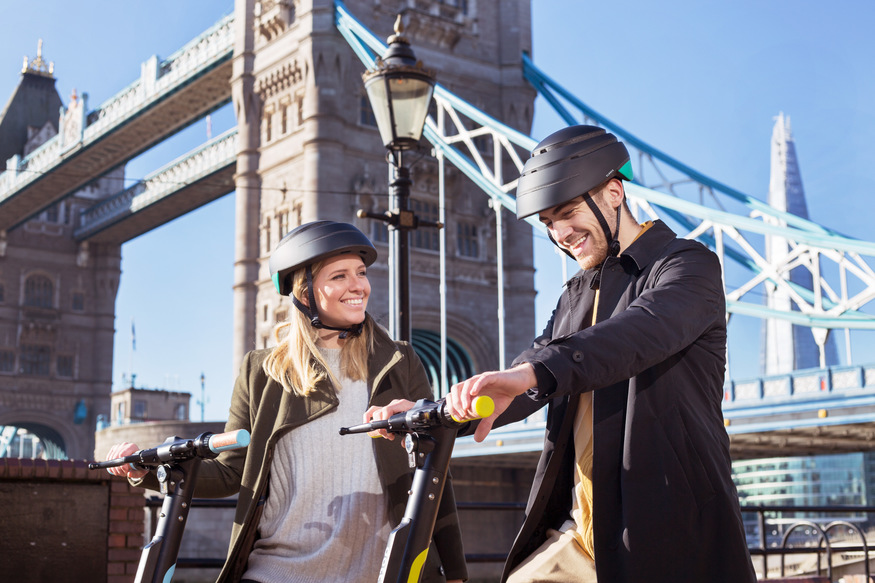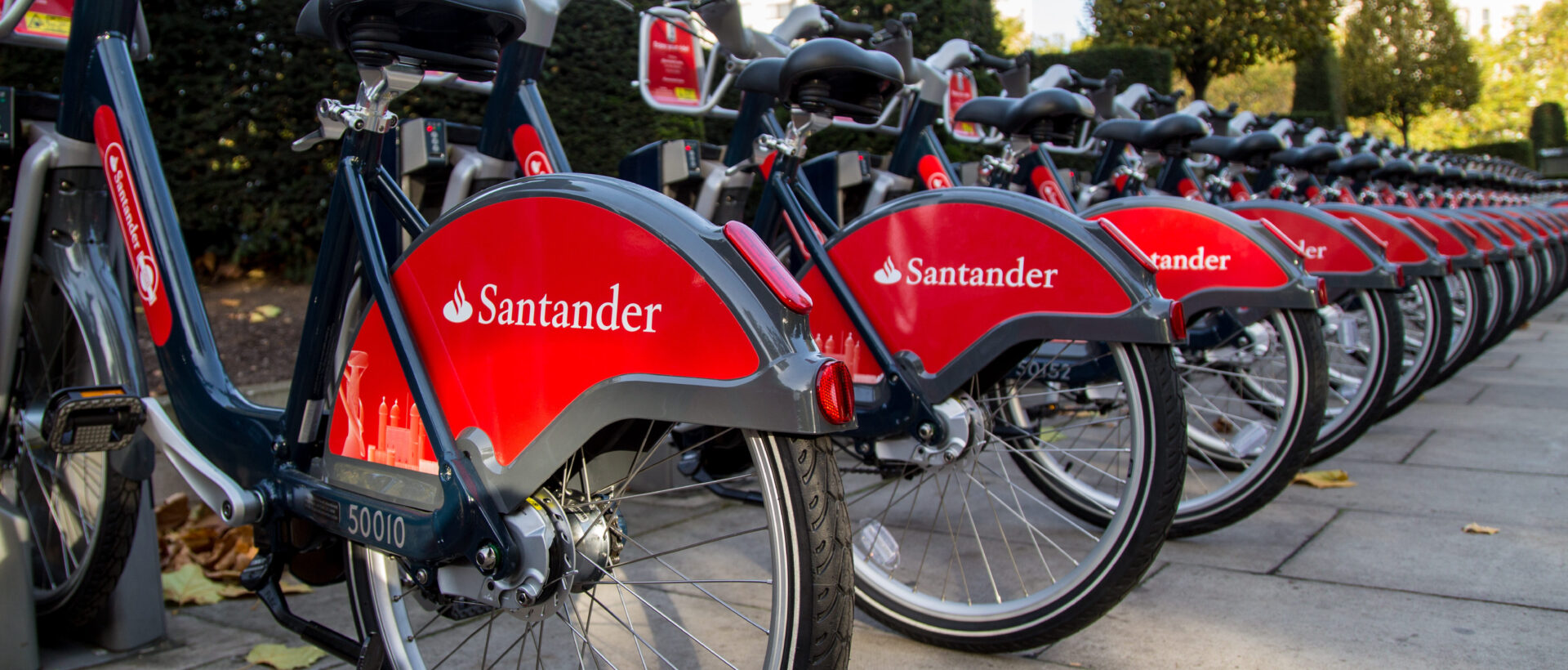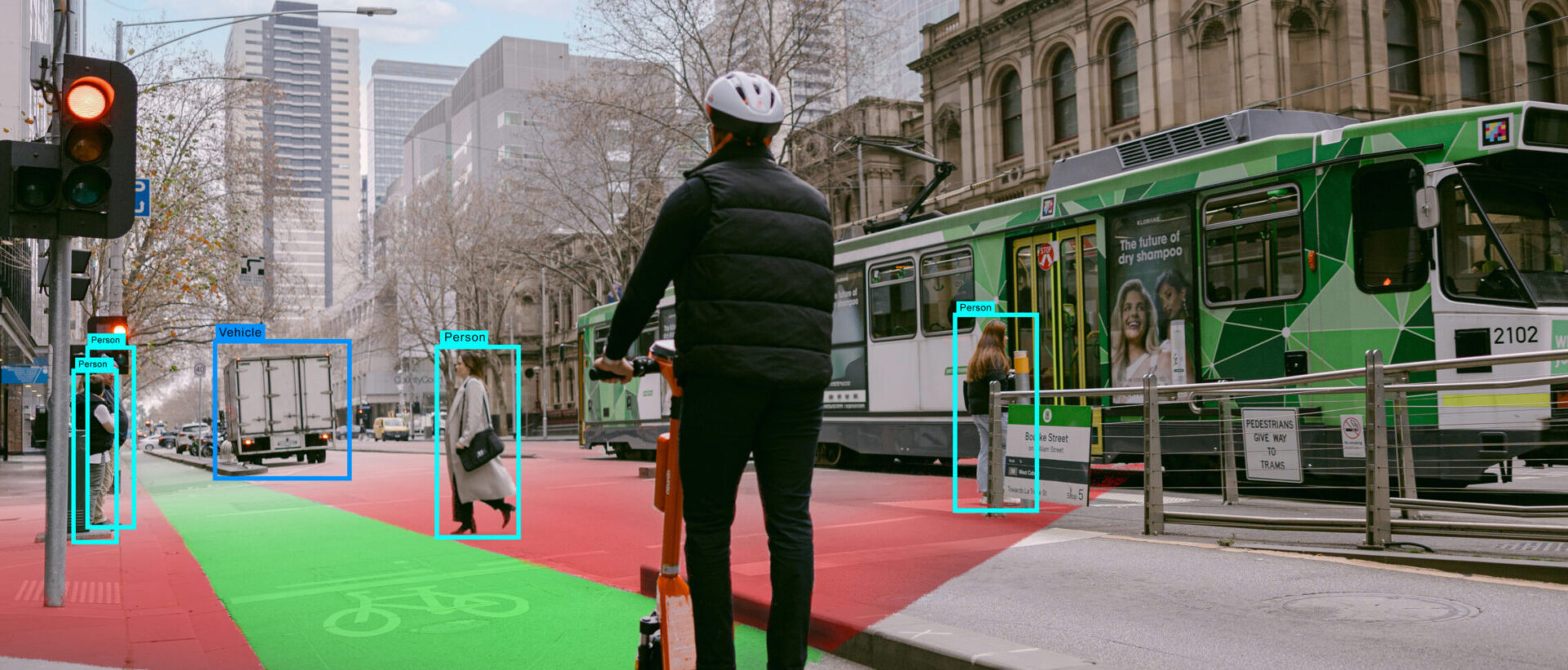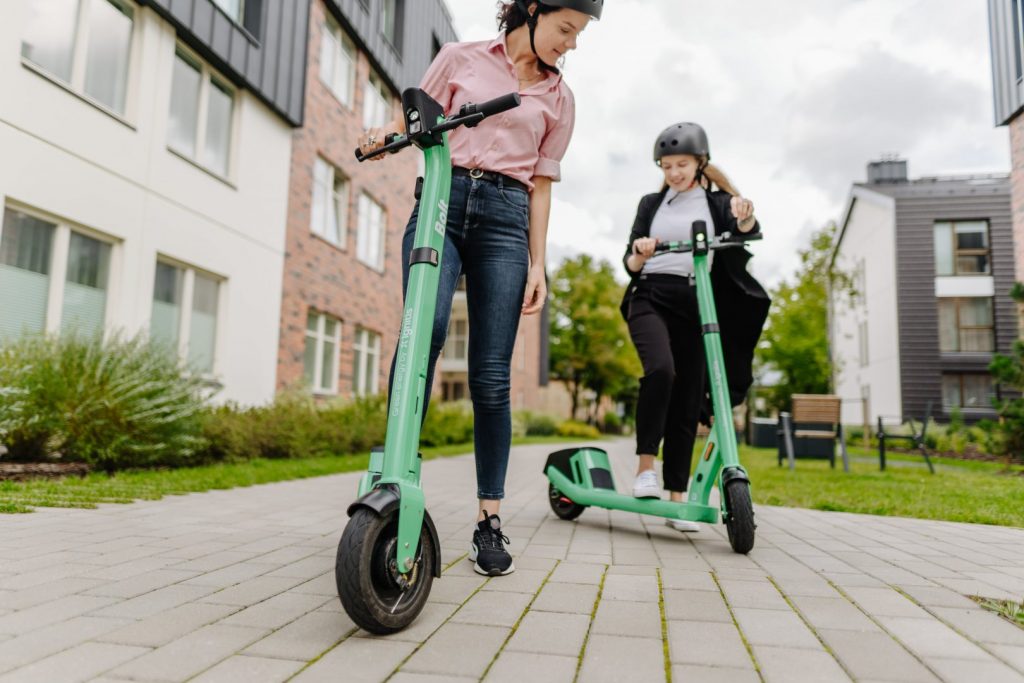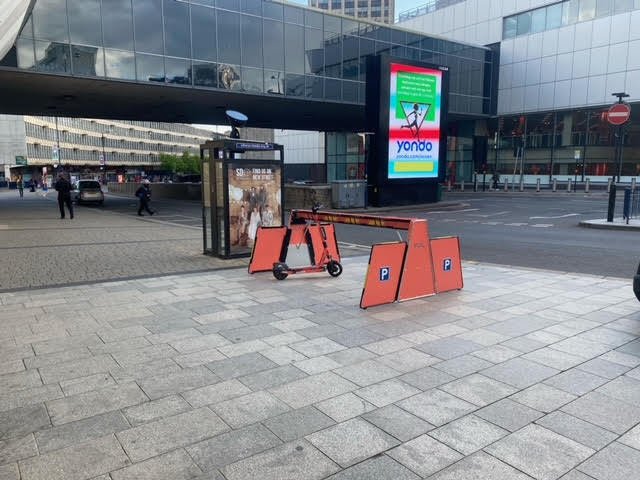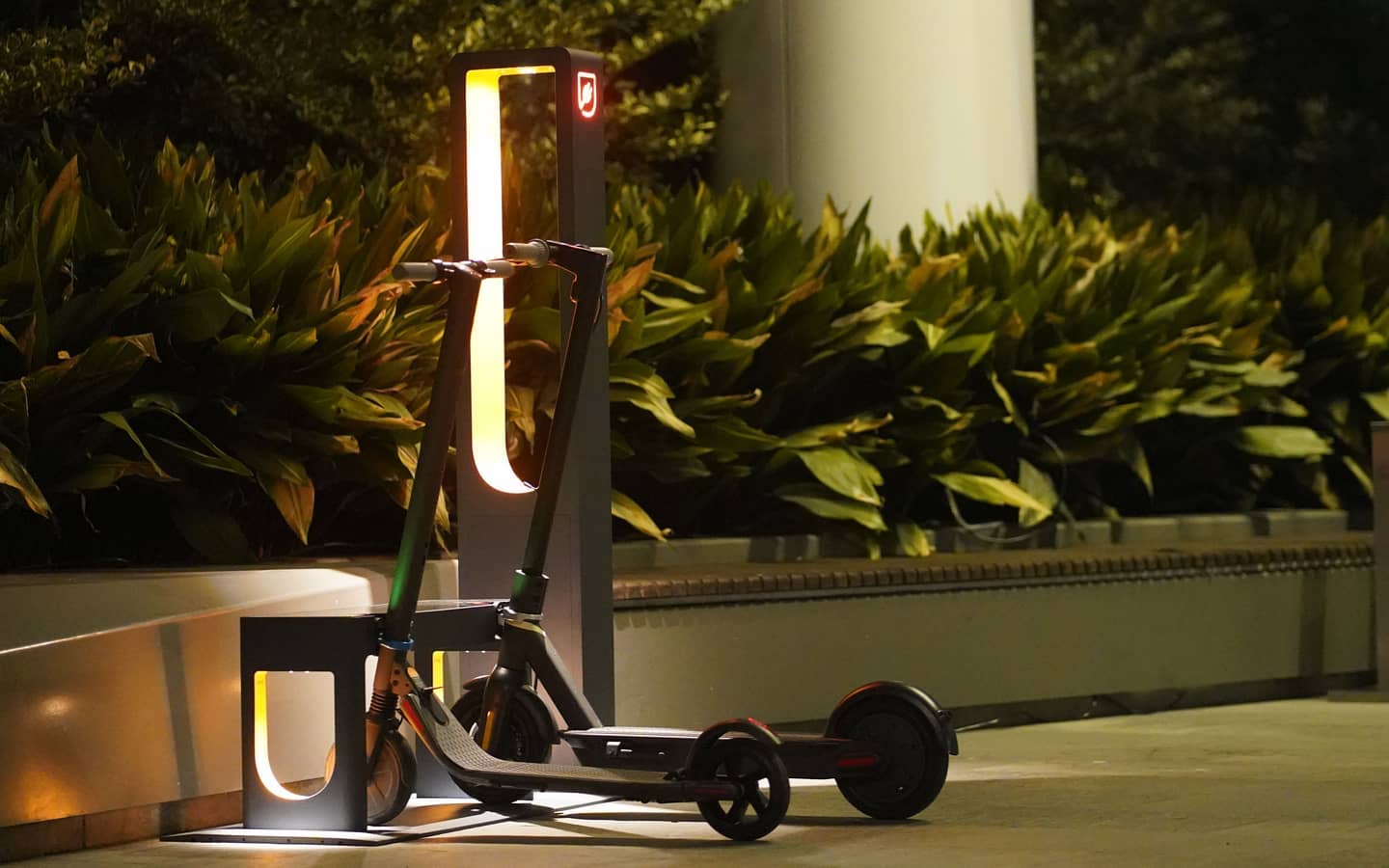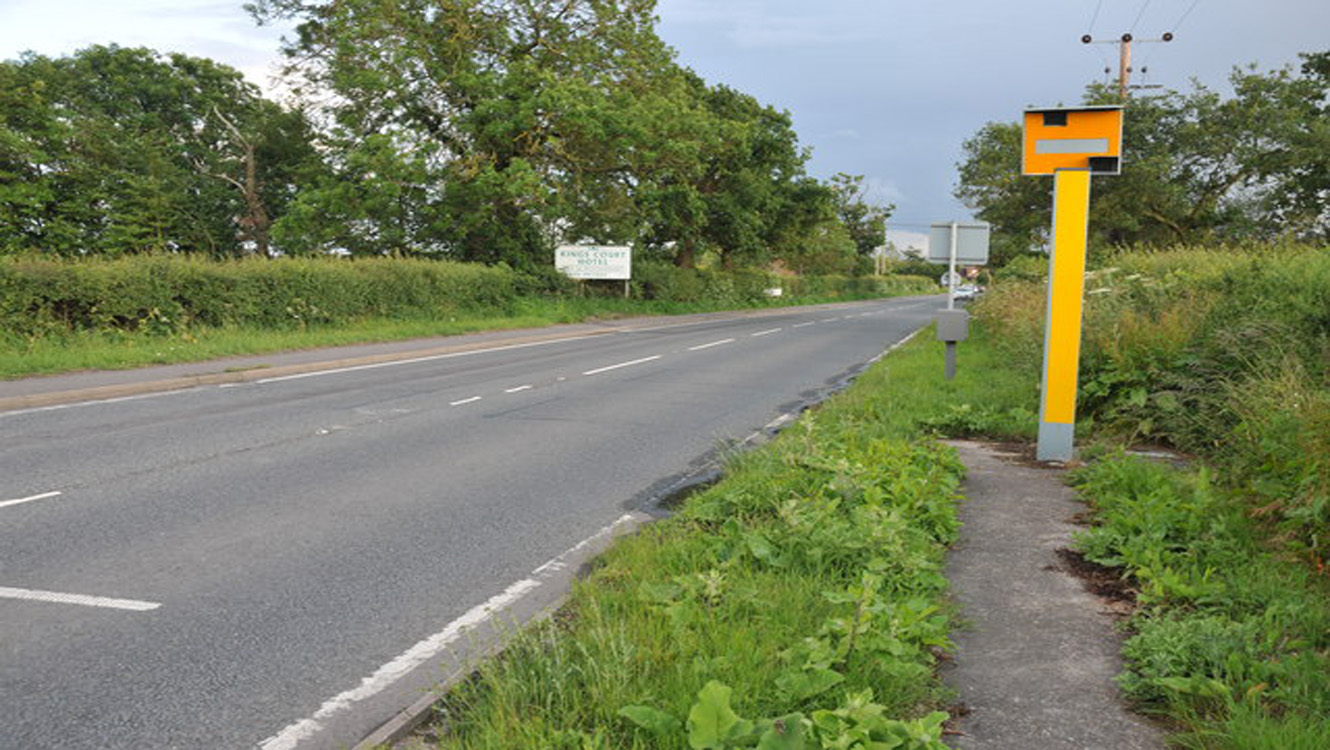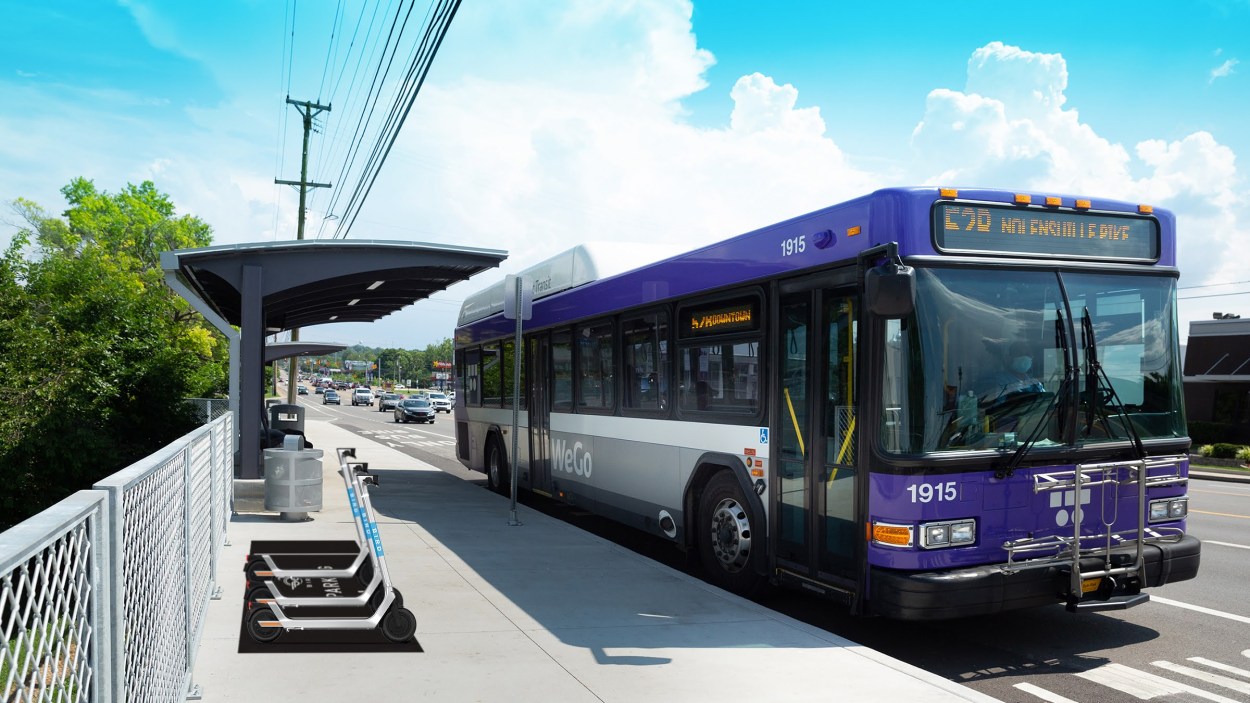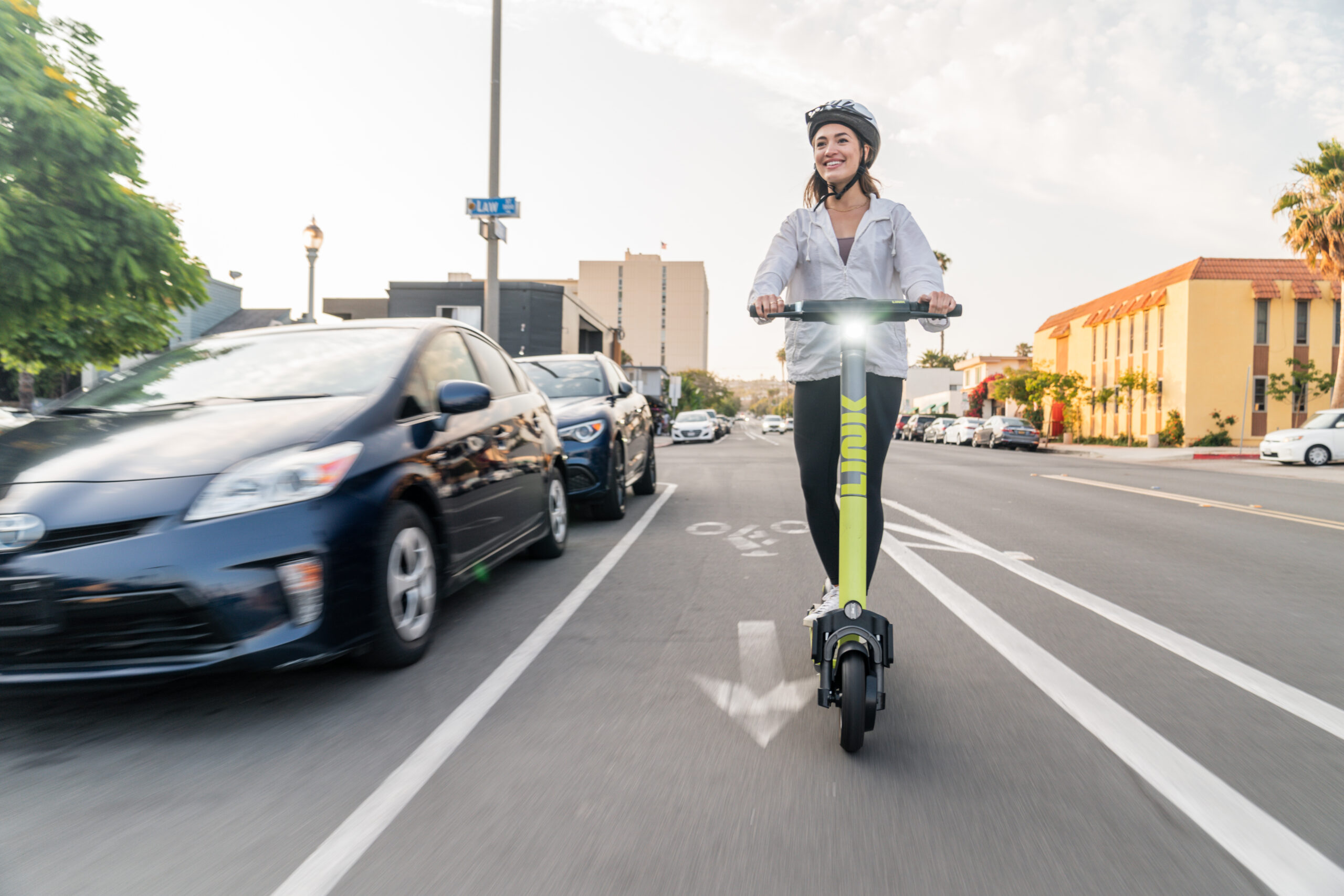The Department for Transport (DfT) has introduced new requirements for the UK e-scooter trials that will come into effect from 1 April 2022.
The current e-scooter trials were due to conclude on 30 March 2022, but have since been extended to 30 November 2022. As part of this extension, the DfT has introduced further regulations, hoping to address safety and public perceptions.
The new regulations require authorities and operators to review current safety measures and consider implementing practices such as lower speed limits for new riders, parking incentives and penalties, improved geofencing, and e-scooter ‘safety events’.
In doing so, the DfT hopes that shared e-scooters will become ‘safer’ and the public’s perception of e-scooter safety will improve. E-scooters are allowed on roads (except motorways) and on cycle lanes if and where they exist. So far the government has no plans of providing more comprehensive, segregated infrastructure, which would keep both e-scooter riders and cyclists protected from drivers.
Providing Training
The new regulations will require all e-scooter operators to provide users with a minimum mandatory level of training, as well as incentivised offers to take part in more in-depth training.
The training could include remote or in-person sessions, and should be agreed upon between the local authorities and the e-scooter operators.
Encouraging Helmet Use
The DfT is not mandating the use of helmets, but is asking all operators to consider providing shared helmets and introducing incentives for riders to wear them. Evidence suggests that providing an optional helmet is an effective way to encourage their use.
Reducing Illegal Use of e-Scooters
To help the police distinguish between private (currently illegal) e-scooters and those being used in rental trials, the DfT is introducing further requirements to improve user identification.
From April 2022, all e-scooters will be required to display a clearly visible manufacturer’s label with a unique identification number on a plate, sticker, or painted display.
Operators must also confirm what identifying user information they will provide to the police if requested. As a minimum standard, this should include the driver’s name and driving licence details. It is currently the case that people are not allowed to use e-scooters if they do not have a full or provisional UK driving licence.
In addition, the DfT is requesting that operators introduce measures to reduce illegal e-scooter practices within the rental schemes, such as twin riding and pavement riding. Ideas for addressing these issues include more training and communication, as well as account penalties.
During the UK e-scooter trial extension, e-scooters will continue to be classed as motor vehicles, so requirements to have insurance and a driving licence will remain.

